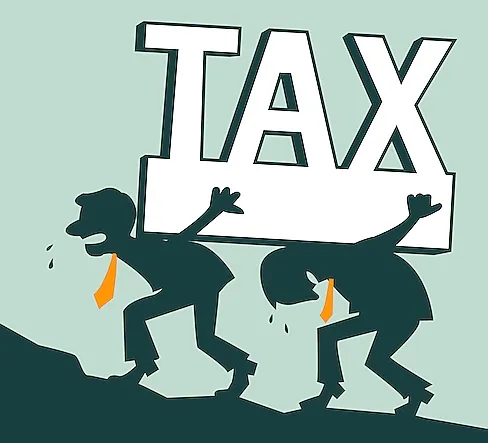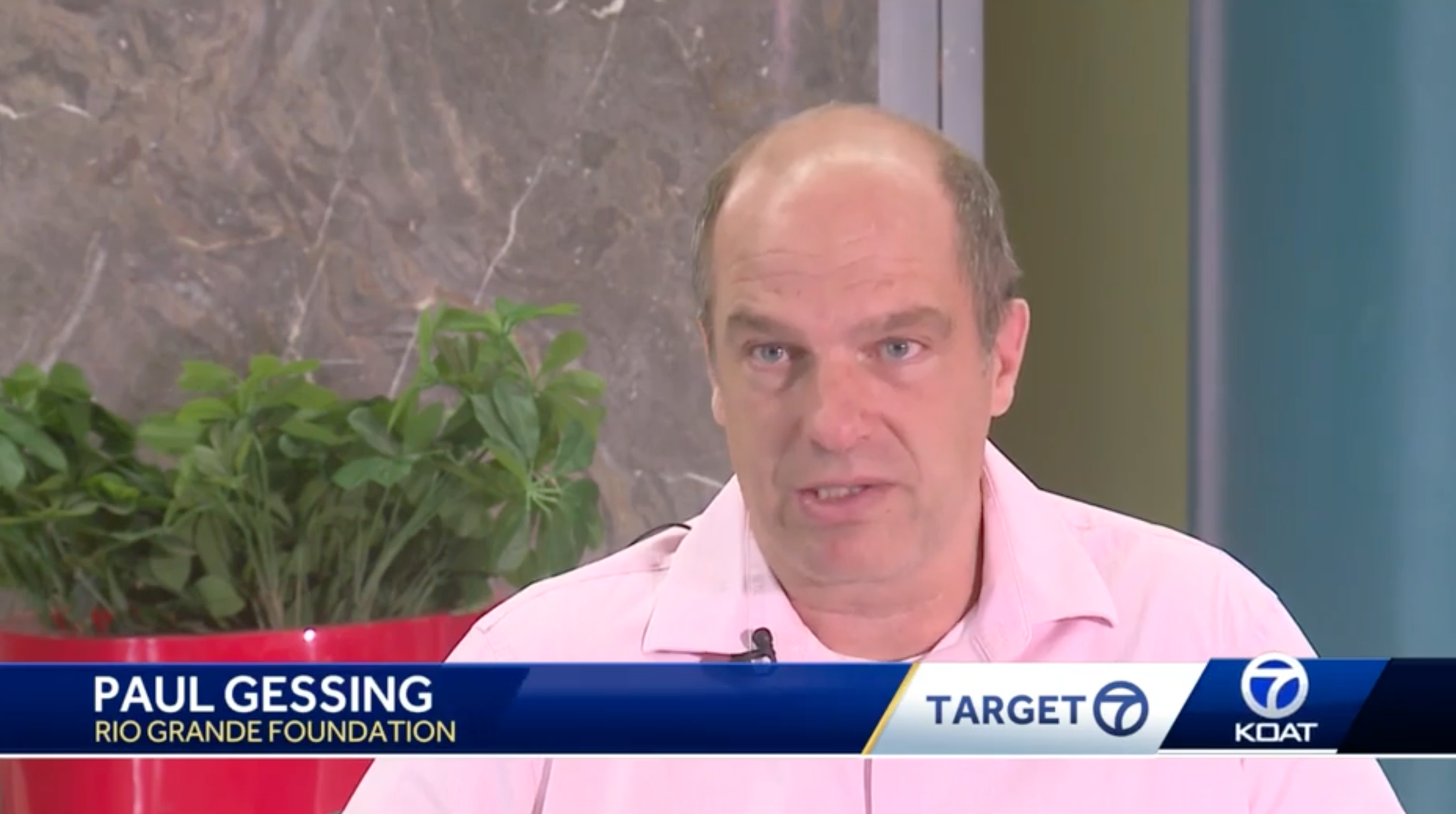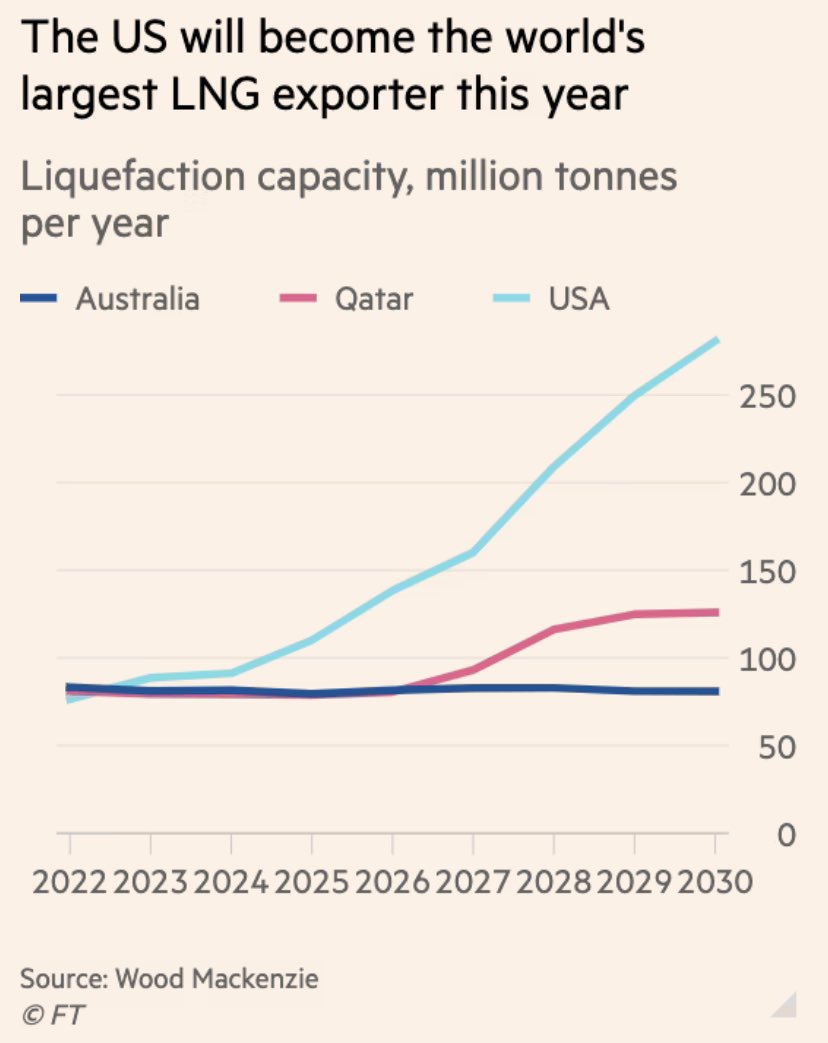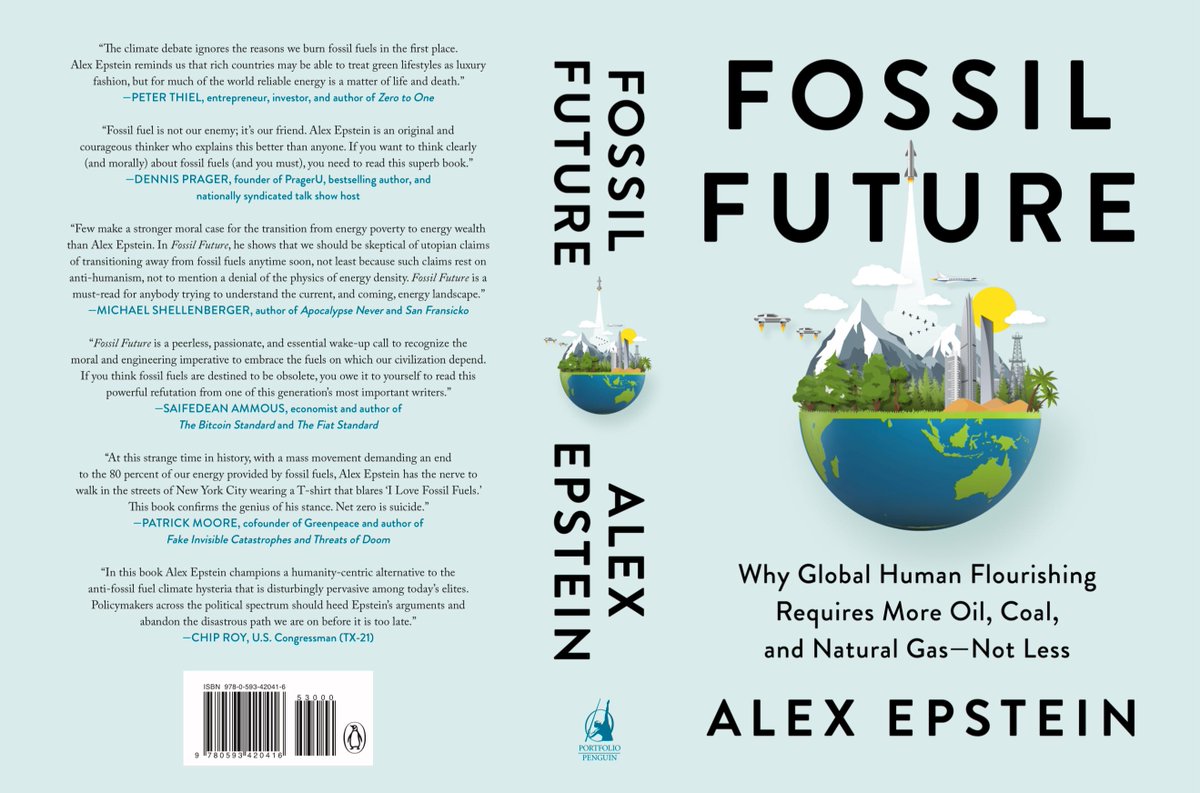Guest article by Glen Lyons

Glen applied and was a finalist for New Mexico’s reconstituted Public Regulation Commission, formerly with Texas’ ERCOT and ExxonMobil
He was a guest on Tipping Point New Mexico episode 491.
You can find Glen’s profile at LinkedIn
Using the State’s Oil and Gas Revenues More Efficiently and Effectively, While Creating the Best Program to Alleviate Poverty. Ever.
New Mexico’s oil and gas industry is booming. Some New Mexicans are happy about it because they rely on it for their livelihood. Others simply appreciate what the industry does for them. Still others are not happy because they do not like the industry one bit. Even though there is a wide range of views out there, there is one thing that everyone can agree on: the industry is bringing in a lot of money to the state.
New Mexico’s state government is currently collecting roughly $5B a year from the oil and gas industry, if not more. That’s about $2,500 for every man, woman, and child who calls the state home. Moreover, that amount has been growing rapidly in recent years. Part of the growth is due to higher oil prices, although oil prices can go down as quickly as they go up. Part of the growth is due to rapidly increasing oil production. While no one can predict where the prices will go, the production will likely continue to increase for years to come. As a result, New Mexico is now the third largest oil producer in the U.S. after Texas and the Gulf of Mexico. New Mexico in fact is now a larger oil producer than the country of Mexico. And what will the state’s government do with all that wealth? I’m pretty sure that the answer is “spend it.”
All New Mexicans, no matter what their view of the oil and gas industry, should be concerned about how the state government uses that money because a large amount of money could be wasted and worse, it could trigger the “resource curse.” I’ll explain the resource curse below, but for the moment, consider why the government keeps and spends the money. What if instead of leaving the money with the government to manage, the state simply gave it to the citizens? Who couldn’t find a good use for an extra $2,500 a year? Or for a family of four, an extra $10,000 a year? After all, it isn’t the government’s money. It’s YOUR money.
Below I will explain the concept of the resource curse and explore this novel approach to avoiding it by giving the money directly to the citizens. This could not only avoid the resource curse but alleviate poverty quickly and directly and put the state on an economic growth trajectory that would be the envy of all other states.
The Resource Curse
Many countries have found their economies suddenly transformed by a large discovery of oil and gas. For some, the transformation is largely positive, as it provides a strong stimulus for new jobs and infrastructure and the development of other businesses and industries. For other countries, the transformation is not positive. The sudden influx of money is, at best, a weak stimulus, or worse, a hurt to the economy. The “resource curse” is the name given to the cases where the transformation is small or even negative. Venezuela is an example of a country with an abundance of oil and gas reserves that has suffered from the resource curse. Venezuela has the most oil reserves of any country in the world, more than Saudi Arabia and four times as much as the U.S. Yet Venezuela’s GDP per capita is around $15,000. GDP per capita for the U.S. is more than $70,000, or four and a half times higher than that of Venezuela, a country with four times as much oil!
This is counterintuitive. Shouldn’t a country with an abundance of resources become fabulously wealthy? They should, but they won’t if those resources are mismanaged. Typically, a large portion of the income from the sale of those resources flows into the government, and all too often, governments misuse those funds.
Why would a government mismanage the income? I’ll offer a few reasons. First, as the amount of money grows, the temptation for corruption grows. Second, even if corruption doesn’t grow, the ability of any government to wisely spend the money, given the disparate and changing needs and interests of its many citizens, is severely limited. Third, any attempts by a government to wisely spend the money will be interfered with by political maneuvering as various interest groups lobby to direct more of the funds their way. Fourth, and perhaps worst of all, the new wealth becomes a distraction, resulting in lost focus and a degradation in quality of the basic services of government.
One terrific way that the government could use the money is to provide school children with free lunches. We can all agree that childhood hunger is a serious problem, and it must be addressed. The question that we should all ask ourselves then is how best to address it? If we rely on a government program, it will suffer from at least some of the problems that are common to all government programs that I mentioned above. A government program can’t provide for all the varied tastes and dietary needs of all children. A government program can’t match the daily supply of food to the daily demand without wasting a lot of food. The administrators may fall prey to prospective food suppliers, all offering good arguments as to why their offering is unique and should be selected above all others. Moreover, the state would have to pay for layer of administration as well as oversight to ensure that there isn’t any misuse of the money.
Alternatively, if the state simply gave the money to the citizens, parents could use the money directly to buy meals for their children. A parent would choose meals that better match their child’s tastes and dietary needs. A parent will know what their child will eat, and what their child won’t eat thereby reducing waste. Now some will argue that we can’t trust parents to spend the money wisely. I completely reject that argument. Every parent I’ve ever known has deeply wanted the best for their children.
Childhood hunger is just one issue that government could attempt to tackle with the money. There are many other issues that are in desperate need of attention, from improving education itself to reducing crime to improving health care, to name just a few. The number of potential uses of the money can quickly become dizzying. Each program that government to tackle one of the issues will suffer the same challenges that I mentioned above.
The continued growth of oil and gas revenues will cause the government to quickly create many new programs because they see many needs. Yet doing so risks losing focus and thereby unintentionally undermining the quality of current government programs. They must stay focused to be at their best.
Avoiding the Resource Curse
The most cited examples of an approach to avoiding the resource curse are countries that have created a “wealth fund.” Norway is one such example. It created the Government Pension Fund Global, aka the Oil Fund, to capture surplus revenues from the oil industry. The Norwegian government spends some of the oil revenues while saving the rest to be used later. That still leaves the government in control of the savings because they think they know best how to manage and use the money. I strongly disagree with all such notions and see that as the weakness in Norway’s Oil Fund. First, the government will always be tempted to tap into the fund. So far Norway has avoided such temptations, but the Oil Fund is valued at more than $1T and growing so, yeah, that’s quite a temptation. Second, and more importantly, individuals know how best to use money for the benefit of themselves and their families. No one else could ever know that.
Key to avoiding the resource curse is to get the money into the hands of the people. The only reason that’s not the default is because the money is initially paid to the government, making it difficult for them to see it as anything but a windfall to their “business.” However, the government doesn’t own the resource or the revenue coming from it. The government exists to protect the resource and the revenues for its citizens. Both belong to the citizens. The citizens should get the revenues. YOU should get that money.
Not only should you get that money, but you will do a better job of managing it. You know your needs and interests and those of your family. Maybe you will spend some of it. Maybe you will spend all of it. Maybe you will put it all into savings or pay down a debt. Maybe you will buy a home. Maybe you will use it to open a business or start a college savings account. Whatever you would choose, that is the best outcome for you, much better than any government program.
Getting the funds directly is not only best for you in the short-term, but it will also lead to the greatest economic growth for all in the long-term. Why is that? Because the growth will be in goods and services that the people of New Mexico need and want, as “voted” by their individual spending decisions. That’s how real growth happens, organically through individual decisions which reflect each person’s greatest needs. Government spending, in comparison, is based on guesswork as to needs and can’t be targeted, making it less effective and less efficient.
A Better Solution
My solution to avoiding the resource curse then is very simple – give the money to the people. It is their money, only they know how they could best use it, and, as a side benefit, they will become more engaged with the state government’s oversight of the oil and gas industry. It seems like a no-brainer.
If I’m correct why aren’t we seeing this elsewhere? In most cases, governments of even the best people will see endless need for government spending. They perceive many societal issues as being beyond the ability of individuals. Those issues therefore need government programs in their opinion. At the end of the day though, I’m confident that the citizens will do a better job of allocating the money than the government. Individuals know their individual needs. The government does not.
There is a precedent for this approach in Alaska. In 1976 Alaska created the Alaska Permanent Fund (“Fund”) to capture the state’s oil revenues, mostly provided by the production of oil from Alaska’s North Slope. The main use of the fund has been to pay out the Permanent Fund Dividend (“Dividend”), that is, giving the money to the people. Part of the fund is saved to be used after the oil production has run out. One thing about Alaska’s program that can’t be questioned is its popularity. During one period of very low oil prices ($9/barrel) the government put a vote to the people asking for permission to spend part of the Fund for government purposes. Despite the support of the governor, many others in government, and campaign money, the public voted against it by nearly 84%.
I propose that New Mexico one-up Alaska by adopting a program which is even better for its citizens. The improvements would be as follows:
- Pay out ALL the funds. That puts all the money in the hands of citizens where it’s needed and where it’s best used. Governments will always be tempted to try to access the funds as they did in Alaska.
- Rather than simply paying out money, give citizens ownership in the state’s oversight of the industry.Set up a corporate-like structure where citizens and only citizens of New Mexico are given shares. Just like with a corporation, the shareholders will get dividends, vote annually on key policies, and have influence over the direction of oil and gas development.
- Allow trading of the shares (and hence, the associated dividends) among citizens. Allowing this will recognize the different positions and interests of New Mexicans. Some might value more money now and so wish to sell their shares. Buyers for those shares might place a higher value on the future dividends to secure income. Still others might place a premium on the ability to influence the industry’s direction and so have an interest in acquiring the shares of others. There are no doubt many other reasons why citizens would want to buy and sell shares.
- Pay the money out as frequently as possible. Getting the money into the hands of the people quickly is the right thing to do, but the more frequently it comes in, the better they will be at managing it and anticipating changes in the amount. An annual amount, alternatively, can seem like either a great gift to be celebrated, or a great shock when it’s substantially lower than the prior year.
Such a program will not only be politically popular but will be far more effective at growing the economy than any government programs because the spending of the money will go into everyone’s needed goods and services rather than goods and services needed by only some.
The Politics
I have no doubt that many in government will quickly dismiss this idea for a variety of reasons. Let’s take some of those likely reasons head on.
- This will create opportunities for exploitation. Won’t wealthier citizens take advantage of the low-income citizens by buying up their shares at a low price? To the contrary, if there is a market for the sale of shares among lower income citizens, then interested buyers will have to compete to buy shares, thereby bidding up the price. Low-income citizens who place a very high value on more money today would be able to take advantage of the interest of prospective buyers.
- Not all the money will be put to best use. No doubt some citizens will spend their dividend in ways that don’t make sense to others. It’s always difficult to understand the decisions of others and second-guessing is most often misguided. Most citizens will use their dividend for goods and services, including things like savings, that make the most sense in their lives. No government program could ever hope to approximate that.
- Citizens may vote their share to undermine the oil and gas industry. Shareholders in corporations do get to vote their interests freely. That puts pressure on corporations to engage with shareholders and listen to their concerns. The same thing would happen in this case, the oil and gas companies would listen to the thoughts of the citizens more closely than they do today and try to incorporate those thoughts into the ways that they do business. The citizens would have greater ability to influence the industry. Voting does of course mean that some citizens can simply cast their votes to oppose the industry at every opportunity. That’s how voting works.
- Citizens may vote their share to favor the oil and gas industry. What if citizens like the dividend so much that they want to increase oil and gas drilling or want to reduce the legislative and regulatory oversight of the industry? Again, that’s how voting works. Likely, some citizens will be very supportive of the industry while others will staunchly oppose it.
- This is just populism. Yes and no. Yes, as Alaska has shown us, a New Mexican oil dividend program would have very strong appeal to many voters. Call it populism or call it democracy. The difference is in the eye of the beholder. If I were an ambitious politician, I would seize upon this policy proposal when running for office. More importantly, creating an oil dividend program would be the best thing for the citizens of New Mexico, today and in the future. That’s what’s so great about this idea – it would be wildly popular and the right thing.
Conclusion
Governments composed of only the best people can do just so much. The more they take on and the more quickly they do it – the more spending and the more programs – the less efficient and effective they will be. The citizens of New Mexico can use the state’s oil and gas abundance much more efficiently and effectively. That more efficient and effective use will result in the most organic and lasting economic growth. That kind of growth will have people across the world studying New Mexico’s approach to avoiding the resource curse and will maximize the resource blessing that nature has provided the state.

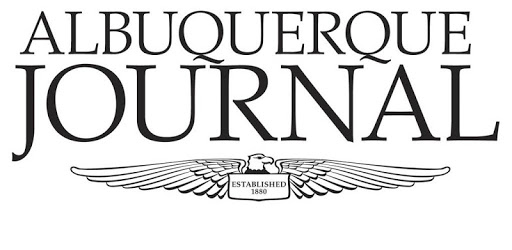




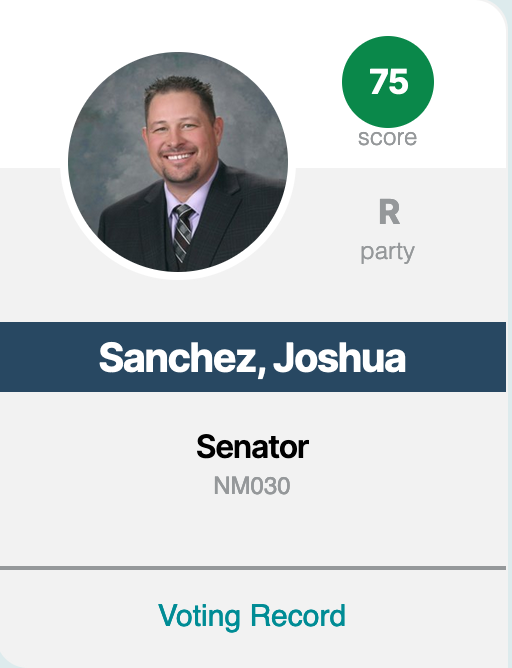
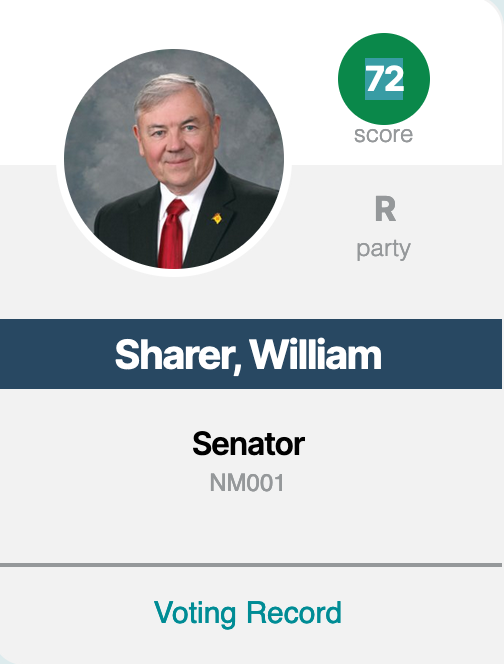
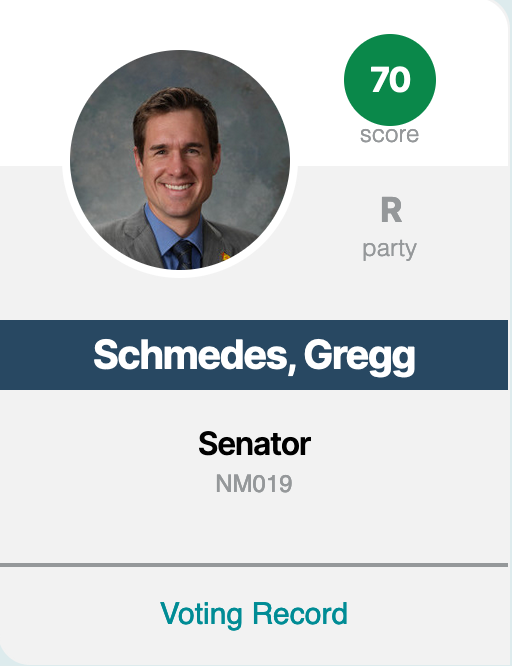
 Source:
Source: 









